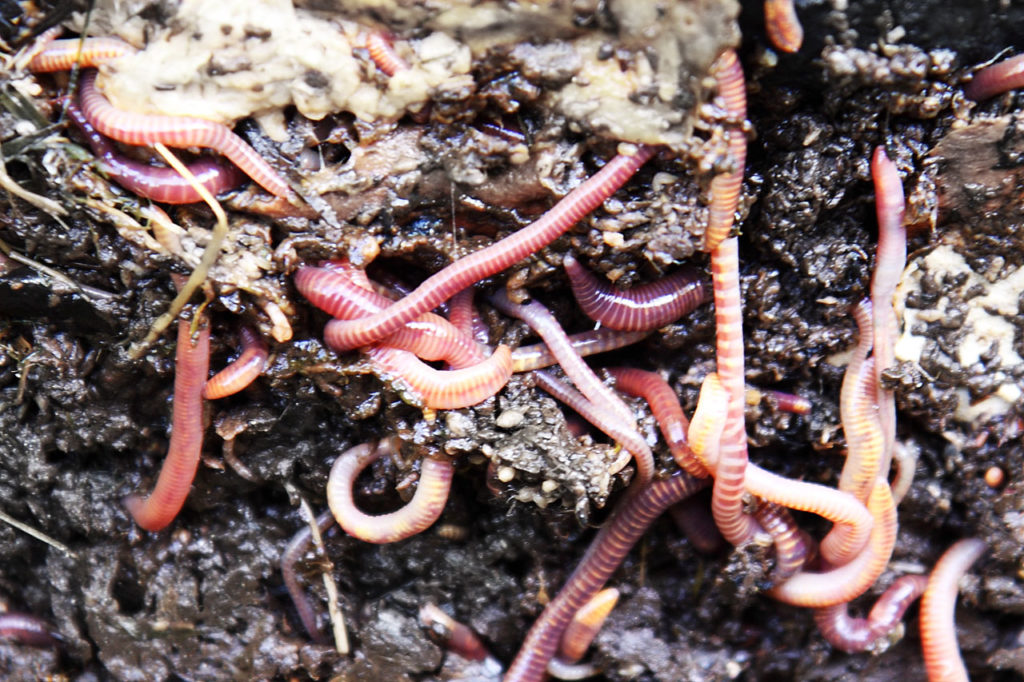Most gardeners will tell you that their compost is the life source of their garden. For those with an edible garden composting is important for you to maintain the health and fertility of your soils, and therefore nutrition in your crops. While the primary function of composting is to recycle nutrients in order to return them to our soil to feed our plants, it also helps to reduce the amount of waste going into landfill, thus helping to reduce the impact our households have on the wider environment.
Many families these days will have a compost bin out the back of the yard in which food scraps, leaves and lawn clippings are housed. Unfortunately often these bins do little to help break down your waste in the short term and serve only as a storage vessel and beacon to small flies and mice. You will find that over time the waste does break down, but it can take many, many months and rots rather than composts.
While there are many ways to compost, there are a three main composting methods that homeowners can use to recycle their food and garden waste; compost heaps (including bays and bins), worm-farms and liquid manures.
Bulk garden waste, spent crops and lawn clippings can go into the traditional compost heap, compost bay or compost bin. It is important though that the compost receive sufficient oxygen to feed the bacterial driving force at the heart of your compost. You need to also ensure that the pile has adequate moisture, is layered well and has a good ratio of dry to wet matter (carbon to nitrogen). It is worth doing some research in order to understand the composting process better to produce optimum results.
The easiest way to deal with kitchen food waste is to use a worm-farm. These can be readily purchased from nurseries and hardware stores, though it is easy to make your own using recycled materials such as polystyrene boxes, bathtubs or old rubbish bins. When used well, worm-farms don’t tend to smell as much as the common compost bin. You also get the added benefit of a constant supply of worm-juice and worm-castings, some of the best natural fertilisers you can get (depending on what you feed them of course).
It would also be worth reading up on alternative kitchen-waste systems such as Bokashi and electric composters (which work very well). And don’t forget that a few backyard chooks are very industrious vegetable and fruit waste recyclers.
Weeds can also be composted, but not with your garden waste compost system. We can use weeds separately to form liquid manures thus retaining the goodness they have drawn from the soil. Old bins work well for this purpose. If you grow comfrey, nettle, nasturtiums or abundant herbs these will all benefit your liquid manure by increasing the range of nutrients and minerals in your solution.
Composting needn’t be confined to a single plastic bin in the back corner of your garden. Using a combination of systems can provide you with an array of ready to use fertilisers for your food crops by retaining many of the nutrients that are coming out of your garden and kitchen.
Happy composting.


Leave a Reply